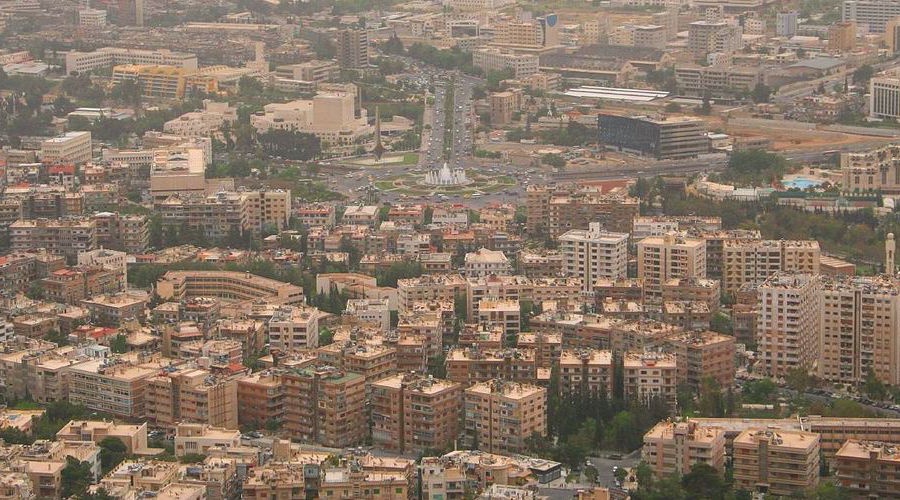Wikilogia to raise the bar in Damascus ecosystem

On December 10, Damascus-based Wikilogia launched Startup Technology Trends Program (STTP) with the aim of injecting confidence and knowledge on trending technologies into the Syrian ecosystem.
The idea of the program originated from an observation made by the Wikilogia team.
“Having attended and organized many startup competitions we noticed that the level of the participating ideas were weak, and many projects should have undergone longer and deeper preparations before being presented at competitions,” said Al-Amjad Isstaif, Wikilogia's cofounder.
“The STTP aims to work on the level of ideas and reach entrepreneurs in an earlier phase, so that in the long term, better projects could be developed,” he said.
The program included talks on global technology trends like virtual reality, fintech, artificial intelligence and the Internet of Things (IOT), and was attended by more than 200 entrepreneurs and experts.
Learning about audience and timing
In his talk on financial technology, or fintech, IT engineer Muhamad Sultan, discussed some popular approaches in the region that have gained success because they met the right need at the right time.
Many of the Arab world’s most recognized startups, like Careem or Souq, mimicked internationally known startups like Uber or Amazon, respectively. The models have a proven track record of success, so convincing investors isn’t difficult.
But why hadn’t Amazon just made an Arabic version of their services to replace Souq?
“It’s often that the people of a certain community have the best ability to understand the problems emerging from their environment and find optimal solutions,” Isstaif said.
An example of such a startup is CashU, a prepaid online and mobile payment method available in the Middle East and North Africa was developed to solve the problem of the limited access to credit cards in MENA. As a result, CashU has become one of the most popular alternative payment methods for young Arabic online gamers, ecommerce shoppers, and VoIP users.
Challenges and adaptability
One of the greatest challenges addressed in the talks was the lack of a widely used e-payment platforms in the MENA region.
“There are numerous examples of Arab startups and companies that used different approaches to overcome the problem of e-payments systems,” said Fadi Mujahid, CEO and cofounder at Game Power 7, one of the biggest Arab game publishers based in the UAE and Syria.
“When Game Power 7 was faced with this problem, it provided gaming cards at different distribution points in Syria,” he said.
Fadwa Murad, who has many years experience helping and accelerating startups, discussed other common challenges she frequently notices in startups.
“While working on their projects and doing the necessary research work, many people discover new ideas and technological approaches in their preparations, and are tempted to include them in their startup idea, so that, in the long term, they end up losing the main focus of their project,” she said.
Another issue addressed in the discussion was that while building hardware projects, there is a lack of hardware parts in the Syrian market. Syrian hardware entrepreneurs are unable to import many components due to the embargo imposed on Syria.
In the next three months, the program is due to continue with community meetings in Damascus and covering different technology areas, where young people could develop their ideas through extensive discussions with each other, as well as with experts in related fields.
Feature image via Wikimedia.


